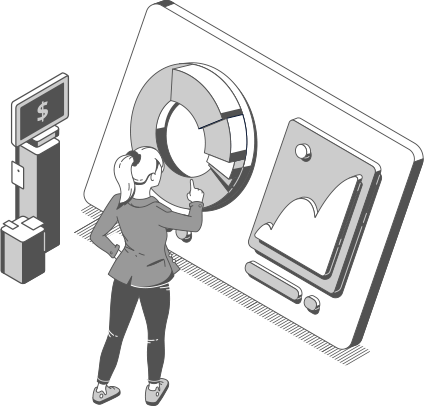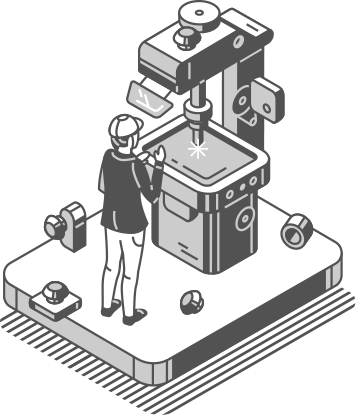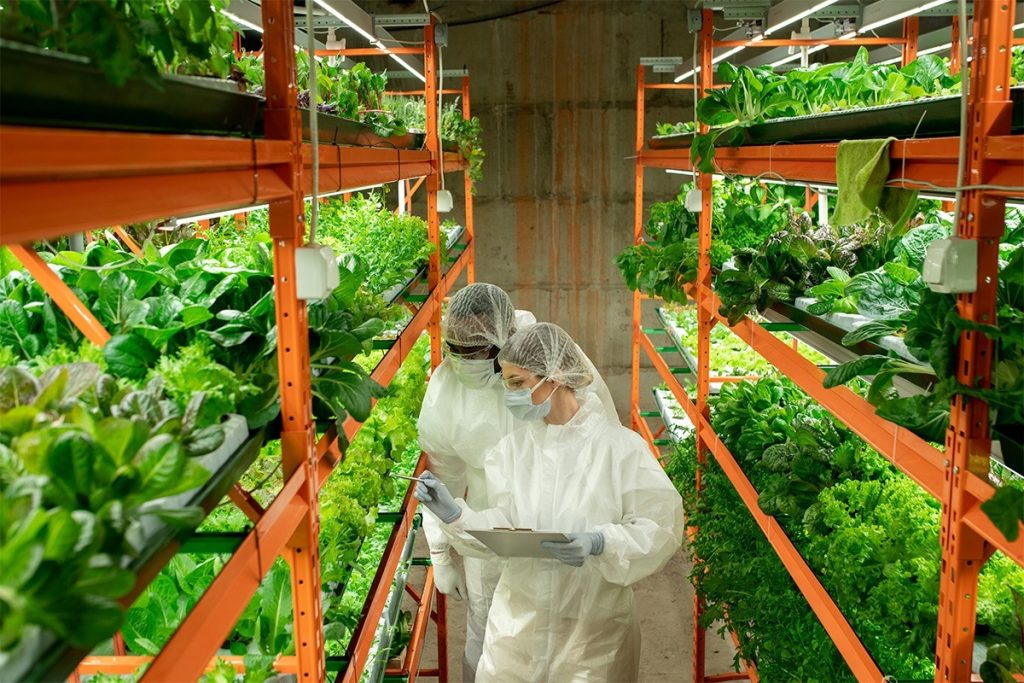Fifteen years ago, when the circular economy was still an unpopular concept in the business world, entities and companies in the region of Navarra were already working to make the community a pioneering territory in this field. In the last decade, the strategy implemented has resulted in the international positioning of Navarra as a benchmark. These are the five reasons why the region has consolidated its position as an international leader.
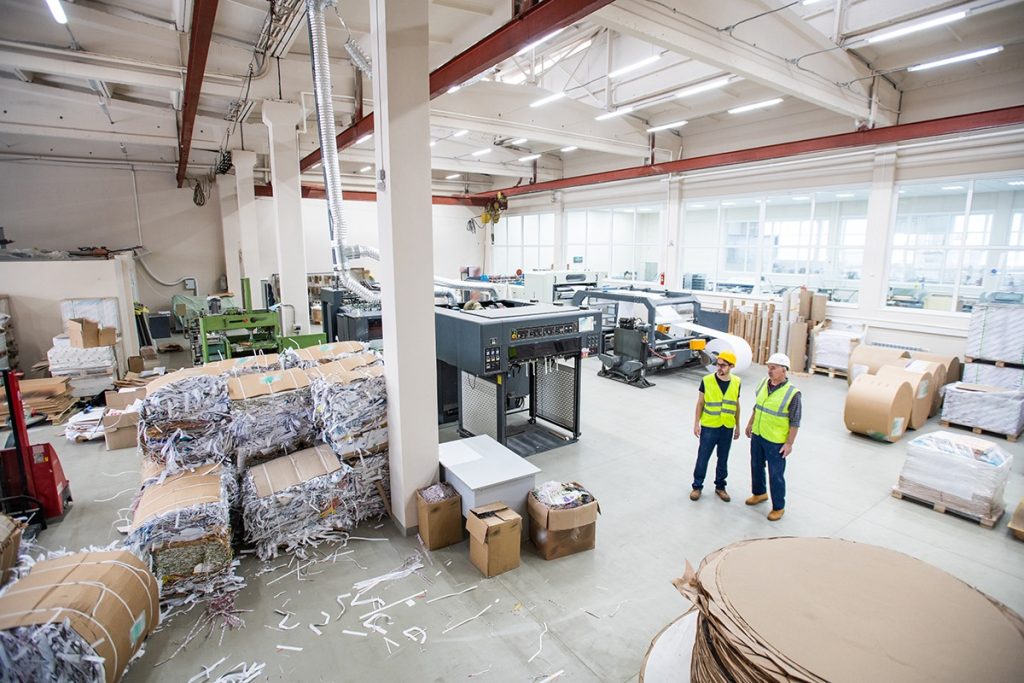
1. Institutional support
Sustainability is a cross-cutting priority in the Smart Specialization Strategy (S4), which in its challenge number 7 highlights the circular economy as a key factor to facilitate the ecological transition in Navarran companies.
The circular economy strategy materialized in 2019 the Agenda for the development of the Circular Economy in Navarra (ECNA 2030), a roadmap that specifies in objectives and lines of work Navarra’s commitment to sustainability, including the transition to the circular economy.
The document proposes specific actions in the priority sectors established by the Smart Specialization Strategy and points out seven key elements: prioritizing regenerative resources, conserving and extending what is already done, using waste as a resource, reconsidering the business model, designing for the future, incorporating digital technology, and collaborating to create joint value.
In addition, Navarra participates in numerous cross-border projects inspired by European strategies, such as SCREEN, an initiative aimed at boosting the transition to the circular economy in EU regions in the context of their smart specialization strategies by optimizing NextGen funds, INTERREG Europe SME Organics, which aims to improve regional policies and programs to improve the competitiveness and sustainability of SMEs in the organic sector in seven EU regions, or INTERREG Europe LCA4Region, an initiative that seeks to involve government authorities in improving the life cycle of products to achieve better implementation of public policies based on stated sustainability objectives, adopting more efficient use of natural resources to reduce unwanted side effects (spill-overs) that generate negative economic and environmental impacts.
2. Public-private collaboration
One of the main examples of the institutional commitment is the Navarra Zirkular initiative, a project that seeks to accompany companies in the transformation of their processes through diagnostic support, access to training and the issuance of certifications, in addition to generating spaces for collaboration, the exchange of best practices and the development of collaborative projects.
This initiative pursues ambitious objectives such as having at least 200 member companies, reaching at least 75 individual or collaborative circular economy projects, analyzing and diagnosing six value chains and providing training to at least 200 students and 100 employees from public administration and private companies.
In recent weeks, those responsible for the project have made public the list of member companies, which now totals more than fifty examples in different stages of the value chain. All the companies included have in common that their processes, products or business models exemplify the transition to the circular economy.
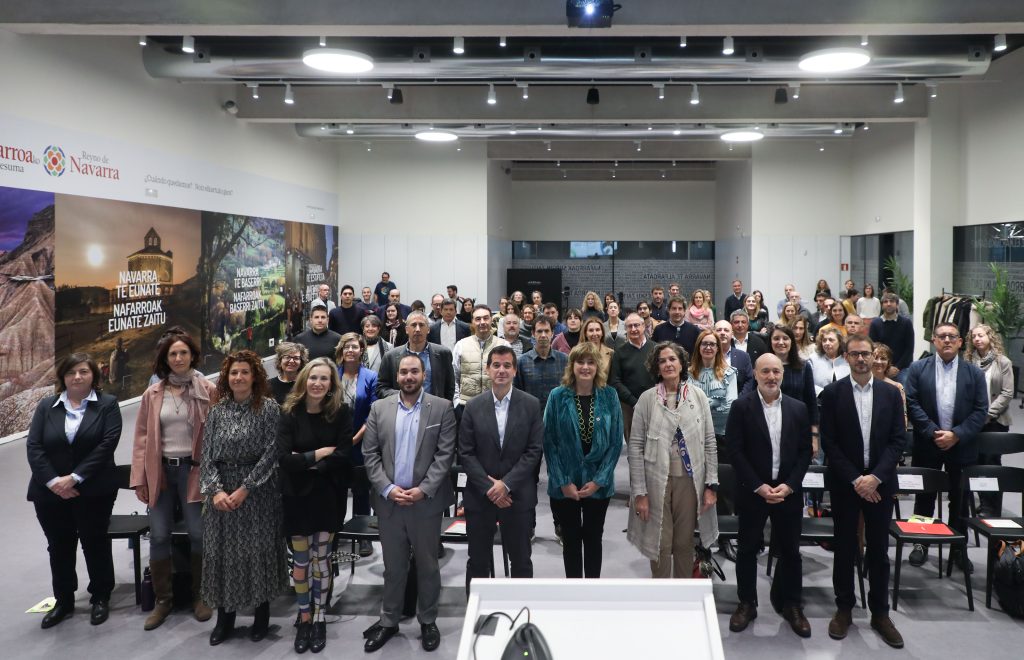
3. Leading companies
The socioeconomic context, the paradigm shift in the habits and preferences of customers and users and the favorable climate in Navarra have led to the emergence of several leading companies in the field of circular economy.
Aspace Navarra, a non-profit organization that works to improve the quality of life of children with cerebral palsy and related disabilities, stands out in this regard. In recent years it has promoted initiatives such as Ecointegra, a waste treatment plant that promotes the reuse of electronic equipment and to date has recovered 65,000 tons, employing 65 people. They are also responsible for the Biointegra project, which has enabled 9 people to produce dairy products such as cheese or yogurt by revaluing residues in a waste treatment plant (Ecointegra) using renewable energy and biodegradable packaging.
In the industrial field, SKF Tudela, a multinational automotive supplier, has implemented a system for the regeneration of industrial oils with transformation lines that prevent them from oxidizing, prolonging their useful life in an almost unlimited way with its patented DST Integrated technology. This system saves the company money, reduces its environmental impact and increases productivity.
Some companies have based their business model on a 100% circular activity. One example is Aislanat, a company that collects around 2,000 tons of clean newsprint a year and treats and markets it as cellulose insulation that they sell both in Spain and in other countries such as France and Uruguay, or BeePlanet Factory, manufacturer of energy storage solutions based on lithium-ion batteries from electric vehicles. Another example is Navarpluma, a company based in Orkoien that produces duck and goose down for textile manufacturers. In addition to having designed a 100% circular production process, in recent years it has launched a new line of sustainable alternative fillers and signed agreements with manufacturers to collect down from used clothing for processing and transformation into fillers.
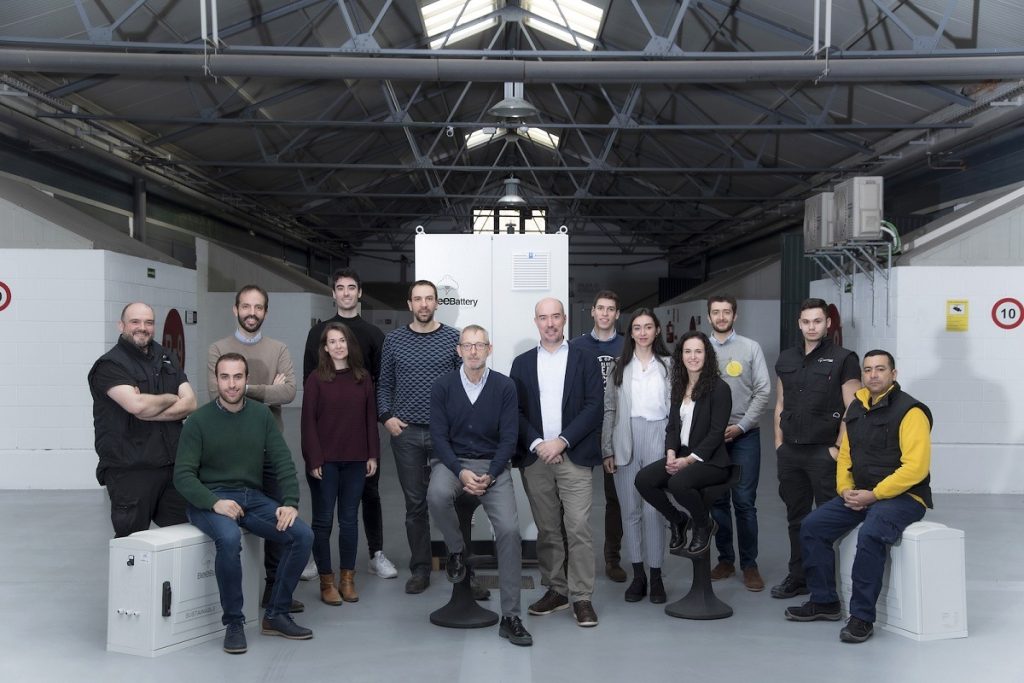
4. Benchmark projects
In addition to the specific efforts of companies and public entities, the commitment to public-private convergence has materialized in ambitious collaborative projects. These have been carried out in sectors such as agri-food and packaging.
Mention should be made of CircFood, an R&D project in Navarra to give added value to agri-food waste in which the companies Urzante, Harivenasa, IAN, Ingredalia, Nucaps and Isanatur participate with the support of the research centers CNTA and AIN. The initiative seeks to provide a solution to by-products of vegetable origin, rich in bioactive compounds (CBAs) and to convert industrial wastes into raw material for industrial exploitation.
Also noteworthy is Ecocirplas, a project to recycle plastic from the countryside with the participation of UAGN, UCAN, AN Group, ITER research and Solteco. Currently, 2,367 tons of agricultural plastics are used annually in Navarra, most of which end up in the landfill, and the aim of the project is to optimize the value chain to promote the reuse and circularity of these materials.
Companies, research centers and business R&D units in Navarra participate in the Zero Plastics project, whose objective is to research non-plastic, biodegradable, recycled and 100% recyclable packaging that guarantees the properties of foodstuffs. This project has the collaboration of Naitec, Solidus Solutions, Global Local Solutions, Goikoa, Florette, Palacios, Exkal and Viscofan and is financed with 2.6 million euros by the Government of Navarra. They are currently researching multilayer solutions made with biodegradable, bio-based and/or recyclable cardboard coatings. The main novelty that Zero Plastics brings with respect to other initiatives is that it works with solid board as the base material, dispensing with the use of plastics as structural material of the packaging.
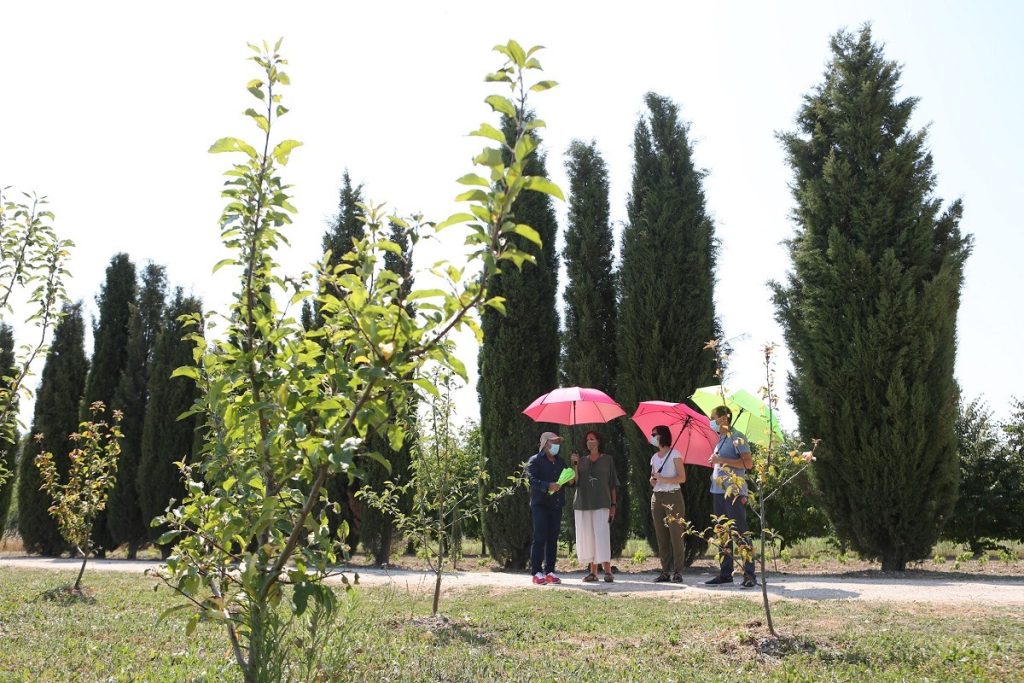
5. Unique spaces
In addition to companies and entities committed to the circular economy, Navarra has spaces and infrastructures that allow the implementation of benchmark initiatives and projects.
One example is Ciudad Agroalimentaria de Tudela (CAT), a unique business park created to host companies in the agri-food sector in Navarra, which has set itself the priority of achieving climate neutrality by 2030.
They are currently working on a roadmap for companies in the agribusiness sector to share facilities and services in a sustainable way in order to be more competitive, shaping a more sustainable and low-carbon economy. One of the main attractions for CAT companies is a Common Infrastructure Center (CIC), where a trigeneration plant is located, producing steam, hot water, cold water and electricity, with an energy efficiency of close to 80%.
The CAT also houses Oleofat, a company dedicated to recovering by-products and fatty waste to give them a second life in different applications, processing more than 45,000 tons of waste that will be used to produce biojet, a sustainable and ecological biofuel for the aviation sector that will reduce the carbon footprint in this industry.
Another differential space in Navarra is the Circular Economy Park, located in the Bordablanca estate in Josenea. This company, dedicated to the production and commercialization of infusions, teas and fruit drying, seeks to reintegrate people in social exclusion. All the activity carried out at Josenea is circular and sustainable, including the water, energy and waste cycles.
Josenea’s next major milestone at its Bordablanca estate will be a circular economy park in Navarra, scheduled to open in 2023. This space, unique in Europe, will promote the dissemination and real practice of the circular economy and will combine crops, greenhouses, dryers, composting, gastronomy and sale of local products. And, above all, it will attract wealth and help to revitalize an area threatened by depopulation.
